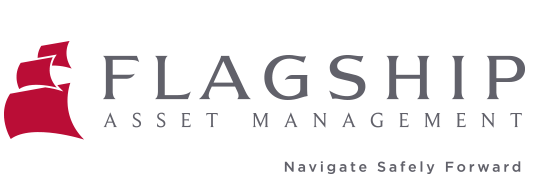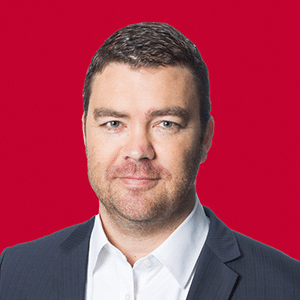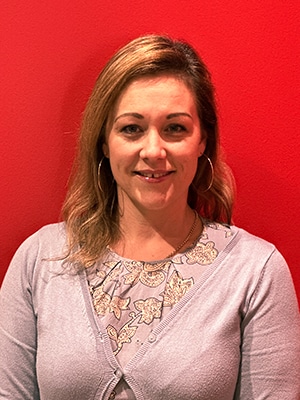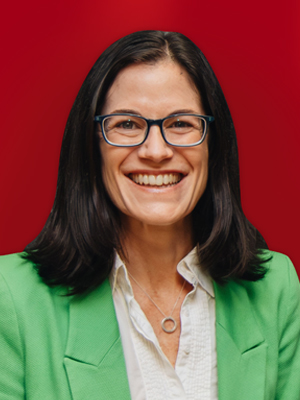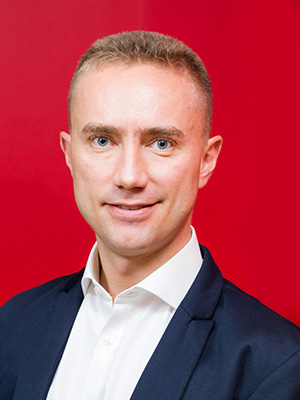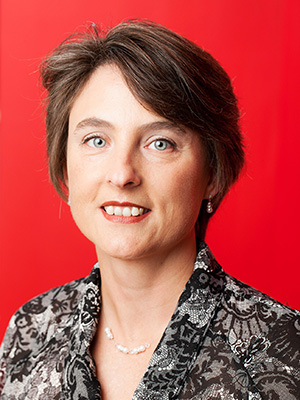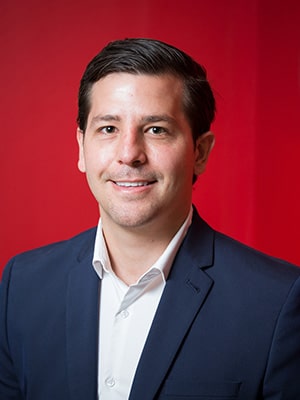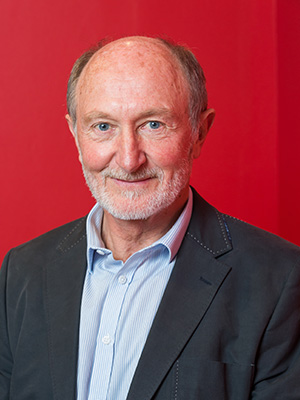Our goal when conducting research trips is twofold:
Firstly, as stewards of your capital, we believe gaining a deep first-hand understanding of the businesses we invest in is an important part of our due diligence process. In our view, this can only be achieved through intensive research, as well as multiple engagements with the management teams of the companies we own, and their competitors.
As long-term investors, our relationship with the businesses we own often spans many years. The following quote from the excellent book The Outsiders1 reminds us, choosing the right management team is absolutely critical when thinking long-term investing:
“CEOs have five essential choices for deploying capital—investing in existing operations, acquiring other businesses, issuing dividends, paying down debt, or repurchasing stock—and three alternatives for raising it—tapping internal cash flow, issuing debt, or raising equity. Think of these options collectively as a tool kit. Over the long term, returns for shareholders will be determined largely by the decisions a CEO makes in choosing which tools to use (and which to avoid) among these various options. Stated simply, two companies with identical operating results and different approaches to allocating capital will derive two very different long-term outcomes for shareholders.”
Fundamentally, business management teams are capital allocators, which is akin to making investments on a company’s behalf and, as a result, all CEOs are therefore both capital allocators and investors. In fact, this role just
might be the most important responsibility any CEO has. We therefore believe it’s our job to assess this as accurately as we can.
Secondly, we embark on research trips to find new ideas. In conducting our research process, we are concerned with errors of commission, and not only omission. With over 70,000 globally listed securities (versus the JSE, with just shy of 300), we are not able to intimately know every possible investment opportunity. Rather, it is our goal to seek out and deeply understand the handful of great businesses that we believe are trading at less than what they are truly worth. Our global investing experiences assist us in our quest for ideas. From time spent investing in global stocks we have built experience in over 30 countries, comprising over 80% of the world’s major listed equity markets. We have met with over 900 business management teams and, in so doing, have built up a proprietary universe of great businesses that we constantly evaluate and monitor. Our trips are designed to add to this list, or subtract from it, where appropriate.
During our most recent trip, we met with the management teams of existing portfolio holdings, such as Heineken, Unilever and Mondelez. We also met with potential new ideas in Davide Campari (the maker of Aperol, the main
ingredient of the popular “Aperol Spritz” cocktail), Church & Dwight (the producer of Arm & Hammer household products and Trojan condoms), Tiffany (the world’s largest jeweller) and General Mills (a leading food products group based in the United States).
An example of a truly great business: Reckitt Benckiser
Flagship’s global funds hold a number of global, high quality (or ‘iconic’) businesses, many of which attended the Paris conference. All of these businesses share certain fundamental character traits, such as:
- A deep ‘moat’ around the business, normally exhibited by brand, distribution or culture
- Cash generative, allowing the business to re-invest without the need for leverage
- Pricing power, or the ability to price ahead of inflation without excessive volume loss
- High returns on invested capital
Over long periods, these ‘iconic’ businesses (and many other lesser known ones that share similar traits) have outperformed market indices. Indeed, many have achieved outperformance – even when deemed ‘expensive’ on
forward PE multiples and other short-term metrics. The secret to their outperformance has been their ability to compound earnings and dividends at a rate faster than the market. Sometimes even these businesses can stumble – creating ‘buy’ opportunities for those watching closely. Reckitt Benckiser is one such business.
If you can keep your head when all about you are losing theirs . . . Rudyard Kipling, “If”
Reckitt Benckiser or “RB” (est. 1938) is the manufacturer of several of the world’s most enduring consumer health and household products. Consumer health brands such as Dettol, Clearasil, Mucinex, Nurofen, Durex and Mead
Johnson as well as many others are all manufactured and sold by RB.
